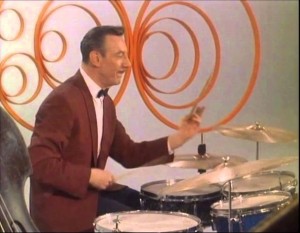
Drummers’ Forum: More about Morey Feld
Hal Smith: Brother Kevin, we have received quite a lot of positive comments for our first article on Morey Feld. Before we begin part two,

Hal Smith: Brother Kevin, we have received quite a lot of positive comments for our first article on Morey Feld. Before we begin part two,
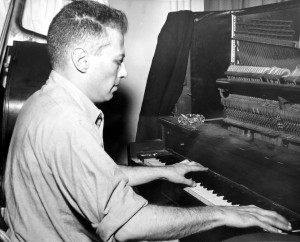
Hal Smith: Dear Readers, this month Jeff and I will explore the music of the great jazz pianist Bob Greene. We start with the first
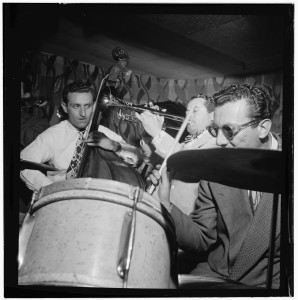
Hal Smith: Well, Brother Kevin…It seems like forever since we “talked shop” for an article in The Syncopated Times. Before another year slips away, what
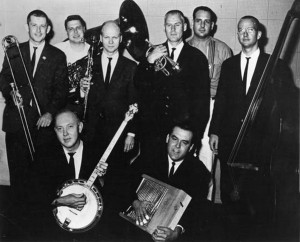
Jeff Barnhart: Welcome back, dear readers. This month we’re continuing our discussion of a unique traditional jazz group that had its heyday in the 1960s
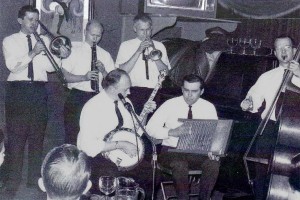
Jeff Barnhart: Welcome! This month we’re taking a break from poring over recordings created 95+ years ago and concentrating on a Californian group that had
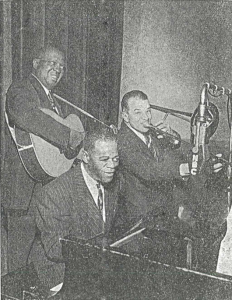
JB: Welcome back, intrepid explorers! To start the New year off with a bang, we’re continuing our discussion of the incomparable Kid Ory Band’s appearances
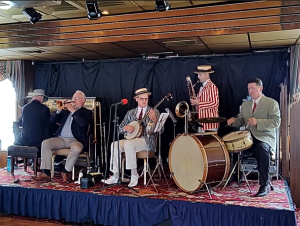
Hot Jazz will return to the Upper Mississippi River next year during the Bix Beiderbecke Jazz Festival. The Riverboat Cruise this year was a huge
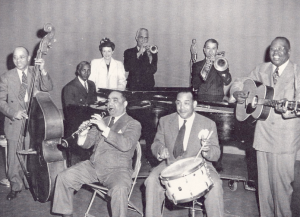
Jeff Barnhart: Welcome back, Hal! I couldn’t start this next topic without you!! In an earlier column (TST Jan–Feb 2023) we enjoyed a two-part exploration
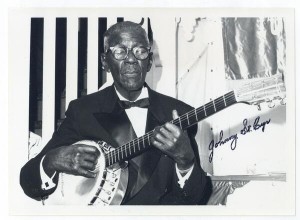
Jeff Barnhart: Hal, we’re both very fortunate to have busy performing/traveling schedules this month so we’ve pared down the number of tunes we’ll explore. As we’ll
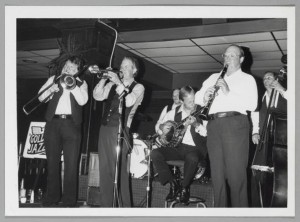
One of the experiences in jazz that I wouldn’t trade for anything was the brief time I spent playing with Ev Farey’s Golden State Jazz
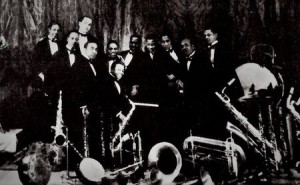
Jeff Barnhart: Hal, this month we’re exploring Charlie Johnson’s Paradise Orchestra (sometimes Ten or Band), a unit that recorded between Feb 1925 and May 1929
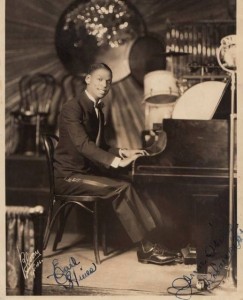
Jeff Barnhart: Hal, this month we’re concluding our discussion of the music produced by violinist Clifford Hayes and Co. Starting as the Dixieland Jug Blowers,
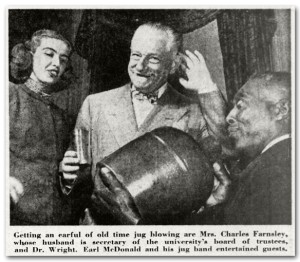
Jeff Barnhart: Hal, last month we began exploring the music of the Dixieland Jug Blowers, concluding with the first side from their June 6, 1927,
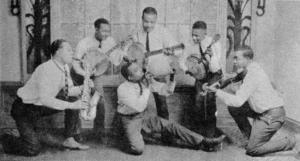
Jeff Barnhart: This month we’re starting a two-part discussion about the music of the Dixieland Jug Blowers from the mid-1920s. I’ll freely admit I’ve only
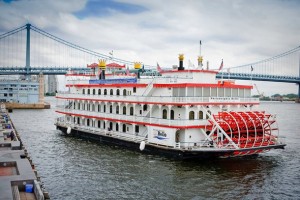
A little over 100 years ago, if you wandered down to the riverfront in Davenport, Iowa, you might have heard hot music emanating from a
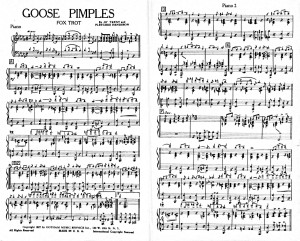
Jeff Barnhart: Hal, as you recall, we omitted one recording in our discussion of the New Orleans Owls (TST, March-April 2023) to work out a
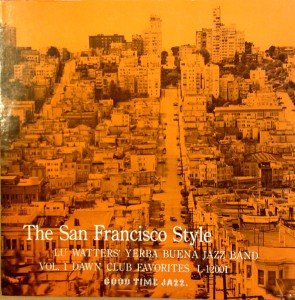
As I have written more than once, my initial exposure to live jazz was hearing the Firehouse Five Plus Two at Disneyland in 1962. It
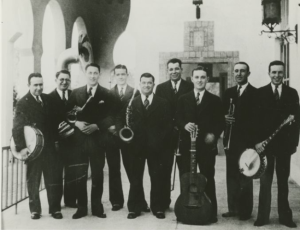
Jeff Barnhart: Hal, onto Part 2 of our exploration of the New Orleans Owls, a hot band that recorded some terrific sides over five sessions
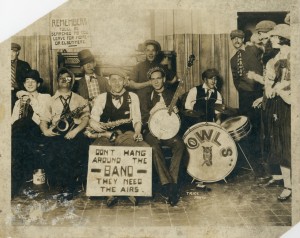
Jeff Barnhart: Hal, this month we’re listening to and discussing the music of a really hot, and polished, band from New Orleans. The New Orleans Owls
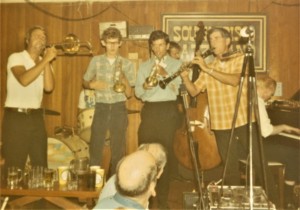
Dan Barrett’s excellent article “Thoughts on the South Frisco Jazz Band” (TST, February, 2023) is a vivid description of the South Frisco’s sound and the
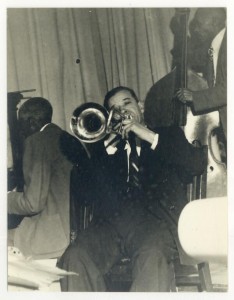
Jeff Barnhart: Welcome back, hot music enthusiasts! This month, we offer the sequel to our exploration of trombonist Edward “Kid” Ory. On July 14th, 1926,
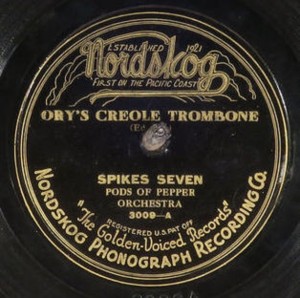
Jeff Barnhart: Hal, we’re beginning 2023 with a look at one of the most influential, colorful and exciting musicians in Jazz history; trombonist Edward “Kid”
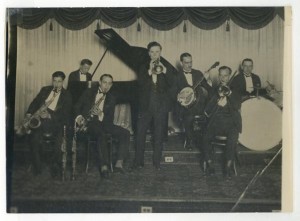
Jeff Barnhart: We return this month to conclude our exploration of the remaining sides by the New Orleans-based Halfway House Orchestra, recorded between October 1927
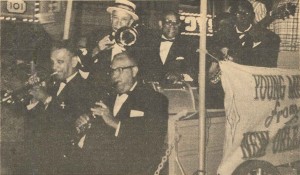
From 1960 to 1970, “Dixieland at Disneyland” was an annual event at the park. Walt Disney was a great fan of Traditional Jazz and Dixieland